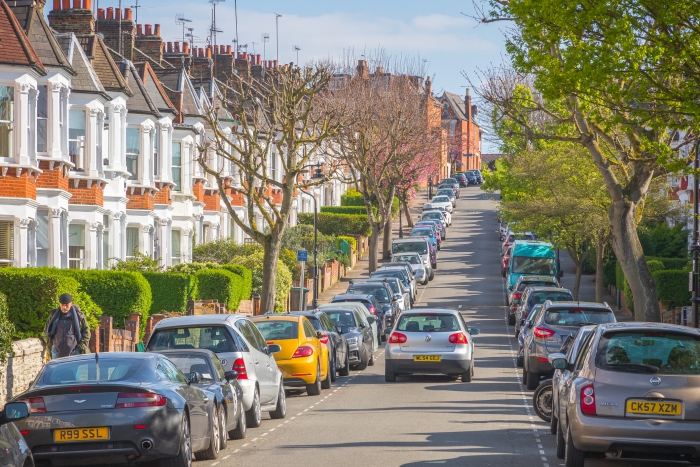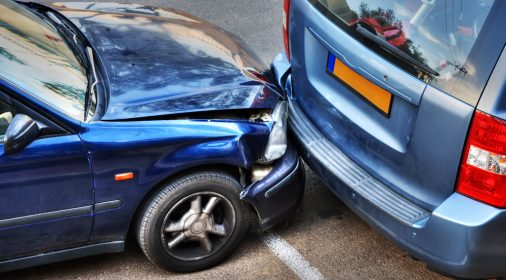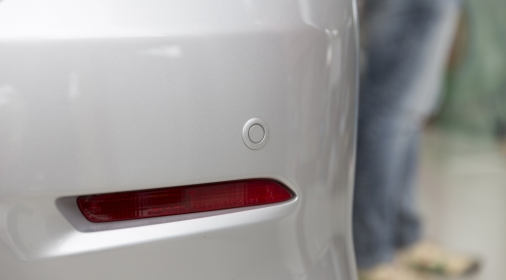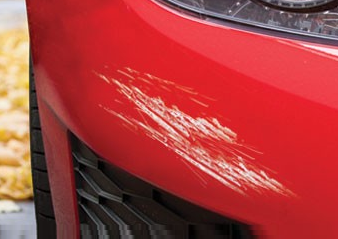How to Stop Someone Parking in Front of Your House
Being a car owner comes with the joys of parking. Whether it’s parking at the shops, on a busy street or outside your home, the rules and regulations aren’t always clear. So, we have put together our top tips on how to handle awkward parking situations and how to resolve the matter peacefully.

Do I own the space outside my house?
Unfortunately, there is no law to say only you have the right to park outside your own home. If you are not breaking any laws in the Highway Code, car owners are free to park where they want.
There is no time limit on how long a car can park on the road if they are taxed, insured and not breaching any parking regulations. There is however one exception. If the vehicle is thought to have been abandoned, it can be reported to the police who will potentially remove it.
Abandoned Vehicles
According to the Met Police, an abandoned vehicle is one that has not moved or been attended to for a long period of time.
Signs a vehicle could be abandoned:
- Broken windows or flat tyres
- Significant damage
- Missing number plates
- Broken or loose ignition.
If you find an abandoned vehicle, you can report it here.
Residential Permits
Some areas in the UK have resident only permits to stop people who do not live on the street, parking there. Permits are most often found in busy cities, as it can be difficult for residents to park their vehicles. If you live on a busy road with no drive, it can be difficult to keep a parking space for yourself. It is illegal to create an obstruction in order to keep the space, for example placing cones.
Designated Parking Spaces
Designated parking spaces are commonly found at apartment complexes or on estates with limited parking. They are usually identified by a number. If someone has parked in your designated parking space without your permission, our best advice is to resolve the issue calmly. If you cannot speak to the driver, leave a polite note on the vehicle, asking them not to park there.
Parking In Front of Your House FAQs
Can you stop someone parking in front of your house UK?
Sadly, there is not much that can be done in the eyes of the law to stop someone parking in front of your house in the UK. However, if you have a dropped kerb outside your home, and someone parks there, they are breaching the Highway Code. The Highway Code states you should not park ‘where the kerb has been lowered to help wheelchair users and mobility vehicles.
If someone has blocked access to your home with their vehicle, there are a couple of things you can do.
- Write a polite note
If someone is parking outside your property on a regular basis, you should approach them in a calm and amicable manner. Explain the reasons why you need to park outside your home. If you cannot speak to them directly, leave a polite note on their vehicle, explaining why you do not want them to park in front of your house.
- Contact the police
Police action can be taken if the vehicle is preventing you from getting off your own driveway. You can report this as anti-social behaviour to your local police force.
Is it rude to park outside of someone’s house?
Parking in front of someone else’s house without permission is generally not acceptable. Doing so without asking or blocking a driveway can be seen as impolite and rude. It is advisable to park in your own driveway or on the street in front of your own residence or the person you are visiting house.
How long can a car be parked outside my house UK?
There is no time limit on how long a car can be parked outside your house if the vehicle is taxed, insured and not in breach of any parking restrictions. The exception to this is if the car or van is thought to be abandoned (as mentioned previously), in which case it can be removed by the police or the local authority.
If you find a vehicle that is parked:
- Dangerously
- Somewhere that would prevent emergency services from accessing.
- On zig zag lines
You can report it to the police as anti-social behaviour.
If you find a car that is parked:
- Anywhere that would obstruct emergency services
- On a pedestrian crossing
- In a taxi bay, bus or tram stop
- Over a dropped kerb
- In spaces researched by Blue Badge holders (unless entitled to do so)
You can report this to your local council.
How do you deal with neighbour parking issues?
If you are having parking problems with your neighbour, often politely communicating with your neighbour will solve the issue.
What is classed as nuisance parking?
Nuisance parking refers to the unauthorised act of parking on private land or property. Instances of nuisance parking include parking on a private driveway or designated space, as well as obstructing private access through improper parking.
Can I put no parking cones outside my house?
No, you cannot put parking cones outside of your house to stop drivers parking there. Under section 137 of the Highways Act 1980, it is an offence to obstruct the highway without permission from the local highway authority.
How long can a car sit in front of my house UK?
Similarly to parking in front of your house, there is no time limit on how long a car can sit in front of your home, so long as the vehicle is taxed and insured.
How many cars can I park outside my house?
If the cars are taxed and insured, there is no limit of the number of cars you can park outside your house.
What is classed as obstructing a driveway?
Leaving anything on the road or pavement is classed as an obstruction. Any item that blocks the road or pavement for other people or vehicles is an obstruction. This could include anything from parked vehicles to a skip blocking the road, pavement or driveway.
What to do if someone parks on your drive?
If you return home to unexpectedly find a stranger’s car on your driveway without your permission, they are trespassing. Unfortunately, trespassing is not a criminal offence, however, it is a civil matter, so you can contact the police. The police may not follow the report up as it is only a civil offence; however, they may send an officer to investigate. If it happens regularly with the same driver, you can seek advice from Citizens Advice, however, it’s worth talking calmly with the driver first.






